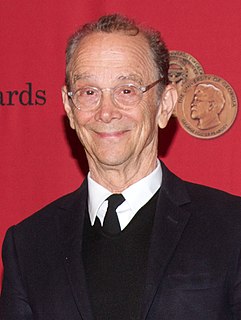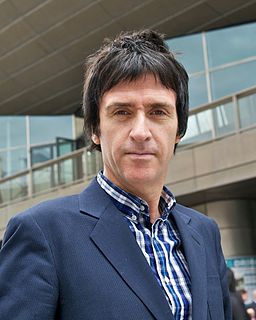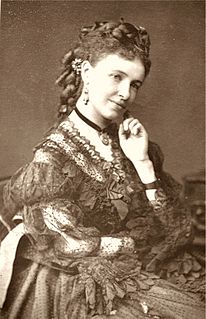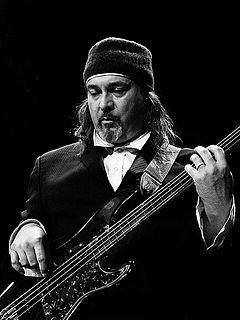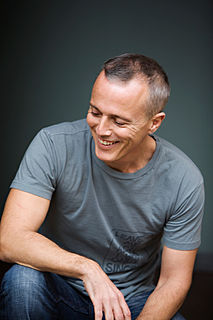A Quote by Joel Grey
I don't like to bad-mouth other shows, but I was very disturbed after seeing 'Starlight Express.' It had very little to do with musical comedy as I know it. It had to do with sound and spectacle and records and technology and amplification.
Related Quotes
I did several shows with Jimi Hendrix, that's when I got to know him better, I knew of him, I met him [when he was playing] with Little Richard... And he was kind of quiet, shy, he didn't open up too much, but there were questions as we all ask each other. You know, "how do you do this" and "why do you do that..." We had very small discussions on things like that. And he was very polite, I thought [he was] a very nice guy.
Navigating with a partner makes it half as difficult. We keep each other in check. It's not like she [Angie Marr] was ever a quiet little wifey wife behind the scenes. She's exactly like me. She's very smart. We're very lucky that we've always wanted the same things. She loves guitar music, she loves important records, and our lives are about records and shows and great bands.
When we came to the network, it was a very interesting time where Portlandia had just come on the air and had been very, very successful. I think people had Portlandia-sized expectations for Comedy Bang! Bang!, especially after the first episode was sampled by quite a large number of people. I remember getting the ratings after the first episode, and the network was over the moon about it. And then the second episode tanked so hard. Like, no one watched it. It was a resounding, "Hey, a bunch of people tried your show, and they all hate it!"
The Lampoon was definitely quite formative. You know there's a crazy like kind of network of comedy writers from The Lampoon that are, that kind of you know like Seinfeld and The Simpsons and a lot of shows kind of had a lot of kind of Lampoon writers and so that was very formative. I mean, to me I got interested in comedy writing at an early like reading like Dave Barry.
Comedy is lively, comedy is joy, and that's what keeps us [people] going, we've got to look forward to little, little happiness's. Little, little joys, and comedy is very, very important, it's a vital. We underestimate its value, but we should see more comedies. Comedy is life giving, it's invigorating. I really believe it.
Being someone who had had a very difficult childhood, a very difficult adolescence - it had to do with not quite poverty, but close. It had to do with being brought up in a family where no one spoke English, no one could read or write English. It had to do with death and disease and lots of other things. I was a little prone to depression.
When we sit in meditation and hear a sound, we think, 'Oh, that sound's bothering me.' If we see it like this, we suffer. But if we investigate a little deeper, we see that the sound is simply sound. If we understand like this, then there's nothing more to it. We leave it be. The sound is just sound, why should you go and grab it? You see that actually it was you who went out and disturbed the sound.
